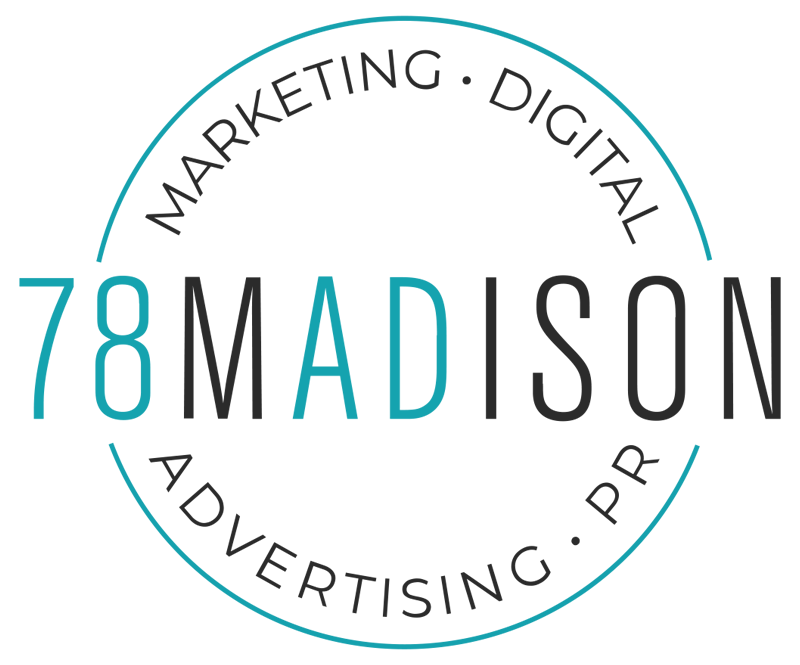In case you haven’t noticed, the advertising agency landscape has changed, and the rules of engagement are not always fair. Over the past few years, we’ve written and talked about the advantages that small agencies like 78Madison have, but recently, another trend is worth looking at – the fact that clients themselves are now treating small agencies differently (better) than their big agencies. Who saw that coming?
Truth be told, it’s an industry double standard that all would do well to understand for the sake of marketers everywhere.
First, consider why independent advertising agencies like 78Madison can often do things that a big agency cannot, even though the people who work at the small agency might have been working on the very same brand at that very same big agency which they exited. For those of you who like to keep score, I’ll call this irony number one.
As procurement power continues to rise, agency margins get squeezed, so holding company financial people look for anyone making over a certain salary to cut loose, thinking that someone half the age and half the price can do the job just as well. For a well-established client running like clockwork, this seems like a fix for figures that just don’t add up, but the moment that client loses share or gets disrupted, the CMO realizes someone with no prior experience in their category is calling the shots – and though the agency is keeping up with the day-to-day work, it’s no longer bringing new ideas or giving away much of anything unless it’s written into a scope of work.
It’s been smooth sailing for the client up until now, but suddenly there’s a hurricane, a whirlpool and a kraken coming after their market share, and they don’t just need a sailor, they need Captain Jack Sparrow to get them out of the mess. Alas, Captain Jack got cut from the payroll, but maybe he’s been willing to freelance on this project – unless, oh shit, he started his own agency called The Black Pearl.
Look at the bios of the people working at so-called boutique agencies – the big agencies had that talent locked up, then let it go because they couldn’t make the numbers work, which is not ideal when a new client comes calling or an existing client gets into trouble.
The sweet-smelling little secret is that small agencies don’t count hours, not really, but rather count creative opportunities. And for the record, getting paid for hours is a dumb idea for both clients and agencies – it disincentivizes speedy delivery, ideating faster or quicker collaboration. Across the board, clients are not paying agencies near what they paid a decade ago, and the result is broken relationships, constant pitching, and disposable advertising, which costs the brand far more than procurement thinks they are saving.
The troublesome trend is that a double standard has emerged as clients parse their assignments between agencies big and small. This is irony #2, and it underscores why the average tenure for CMO’s is shrinking, because many act like gamblers who change the rules as the cards are dealt.
For campaigns created for big brands by large agencies, the target audience is no longer the consumer.
Read that again, and let it sink in.
Pick a massive media budget for a major brand, now imagine what it’s like to be the CMO. If you look at the incentives for a Consumer Package Goods brand, a marketing executive’s bonus is often predicated on how well their campaigns score in testing, not how much they move sales or share. Longitudinal studies reveal that getting a higher score on a test that assumes consumers are making rational decisions does not always correspond to business results, and we know it inhibits creativity that breaks the mold. In other words, originality may help a brand break into culture, but that kind of work won’t clear the protocol that a big agency must follow.
Various clients have awarded storied brand assignments to small agencies without the same handcuffs on creativity. Do the small agencies deserve that chance? Absolutely – they earned it with their reputations. But clients need to unshackle their big agencies, too, and be honest about their real objectives before work begins.
For service brands or B2B brands, the audience is often the board of directors – individuals with nothing in common with the actual consumer and largely out of touch with today’s media and cultural trends. For the tentative CMO, however, those opinions overrule common sense and creativity any day of the week. Small agencies rarely get these highly politicized engagements or risk-averse clients.
Small agencies are called for all the right reasons: to come up with ideas that capture hearts and resonate in culture. In other words, to do what agencies are meant to do. Clients need to call all agencies of all sizes to do just that, and leave the internal politics, procurement pressures and corporate checklists in the boardroom where they belong.
If you’re a client who feels anxious because your agency is showing you bolder creativity, look in the mirror and take a deep breath. They are doing their job, and it’s your job to protect them from all the crap you deal with every day.
Starting today, treat all agencies like small agencies, and let them do what they do best. If that doesn’t get you to stop sweating, nothing will.
Joe Bouch
CEO, 78Madison
Have any questions? Need some help/guidance? 78Madison can help. Learn more about us at 78madison.com. It doesn’t hurt to start a conversation. Email Joe Bouch at jbouch@78Madison.com


